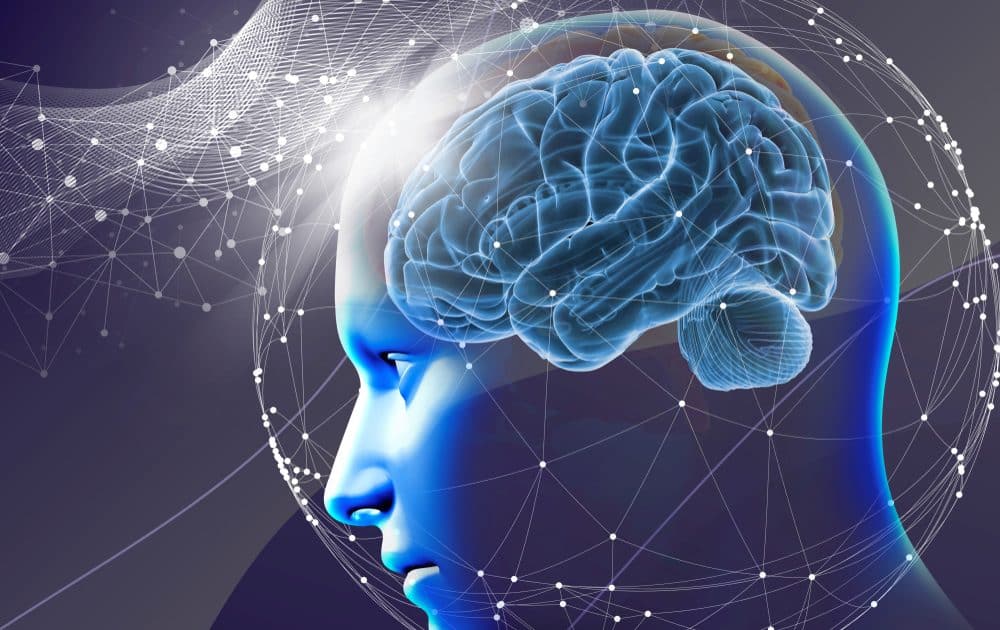How Our Brains Learn

Learning is an ever-evolving process that involves our brain’s intricate workings and understanding of various concepts. Dr Britt Andreatta, a renowned learning expert, provides us with new insights into how our brains learn, develop habits, and retain information. In this article, we will explore some of Dr Andreatta’s critical new findings and perspectives on learning, which can help us understand how we learn and develop habits effectively.
Seeing the Brain in New Ways
Recent advancements in neuroscience have enabled us to see the brain in new ways. Dr Andreatta highlights that our brains are highly adaptable and are continuously changing, making it possible for us to learn new things throughout our lives. She also notes that our brains are plastic, meaning that they can rewire themselves based on the experiences we encounter. This rewiring process is crucial in learning, and understanding how it works can help us optimize our learning potential.
New Understanding of Creativity
Dr Andreatta emphasizes the importance of creativity in learning, stating that creativity is a crucial component of successful learning. She notes that creativity can be enhanced by seeking out new experiences, learning from others, and continually challenging ourselves. Additionally, Dr Andreatta suggests that we can set people up for “ah moments” for the stickiest learning by creating an environment that fosters curiosity and encourages exploration.
New Views on Intelligence
Dr Andreatta explains that the traditional view of intelligence as a fixed attribute is flawed. Instead, intelligence is multifaceted and can be developed over time. She highlights that there are many types of intelligence, and our brains can develop and enhance these different areas through deliberate practice.
Three-Phase Model of Learning
According to Dr Andreatta, learning can be broken down into three phases: Learn, Remember, and Do. In the Learn phase, we experience new information and encode it into our brains. In the Remember phase, we recall and retrieve that information, making it available for use. Finally, in the Do phase, we put our learning into action, applying our knowledge in real-world situations.
Short-Term vs. Long-Term Memory
Dr Andreatta notes that short-term memory is sensory memory and can only last for a few seconds to a few minutes. In contrast, long-term memory can last a lifetime and can be explicit (conscious) or implicit (unconscious). She also explains that long-term memory can be further divided into semantic memory (general knowledge) and episodic memory (specific events). Virtual reality can be useful in creating episodic memory, making it an effective tool for learning.
Changing Behavior
Dr Andreatta explains that our brains have a mechanism called the Basal Ganglia, which can turn repeated behaviors into habits. Habits are automatic responses that occur without conscious thought. She notes that repetition is crucial in developing habits, with around 40-50 repetitions required to create a new habit. Moreover, when we reach around 66 repetitions, our brain muscle becomes thicker, making it easier to continue the habit.
Focus on Failure
Dr Andreatta highlights that failure is a crucial component of learning and that we need to create a culture that acknowledges progress and rewards effort. She notes that the Habenula, a part of our brain, tracks failure, using chemical guardrails to influence decisions and actions. However, acknowledging progress and rewarding effort can help create a safe environment for people to make mistakes, avoid blame and shame culture that shuts down learning and risk-taking.
Observational Learning and Priming
Dr Andreatta emphasizes that we are wired to learn through observational learning and storytelling. She suggests maximizing observational learning by watching experts and making training videos available for new hires by hiring experts. Furthermore, she explains the importance of priming the pump by asking people questions and testing them on the first day. This helps to make learning stick.
Dr. Britt Andreatta has conducted extensive research on learning and has identified critical new findings that shed light on how the brain works and how we can optimize our learning experiences. These findings include the three-phase model of learning – learn, remember, and do – as well as the importance of short-term and long-term memory, the role of the basal ganglia in habit formation, and the need to create a safe environment for people to fail and learn from their mistakes.
One key takeaway from Dr. Andreatta’s research is the power of observational learning and story-based learning. By watching experts and experiencing stories, we can increase empathy, cooperation, and our ability to learn new skills. Virtual reality and augmented reality can be powerful tools for creating immersive learning experiences, allowing people to practice and fail in a safe environment.
Another important aspect of effective learning is the need for repetition and feedback. By designing habits and providing opportunities for practice, we can turn repeated behaviors into automatic habits that we don’t have to think about. Additionally, regular review and retrieval of information can help strengthen our long-term memory and ensure that we retain the knowledge we’ve learned.
Dr. Britt Andreatta’s research highlights the importance of creating a safe and supportive environment for learning, utilizing observational and story-based learning methods, and providing opportunities for repetition and feedback. By implementing these strategies, we can optimize our learning experiences and achieve our goals more effectively.
Book a demo today and discover how Webanywhere’s custom Learning Management System can elevate your organization’s compliance training and development strategy to the next level.


